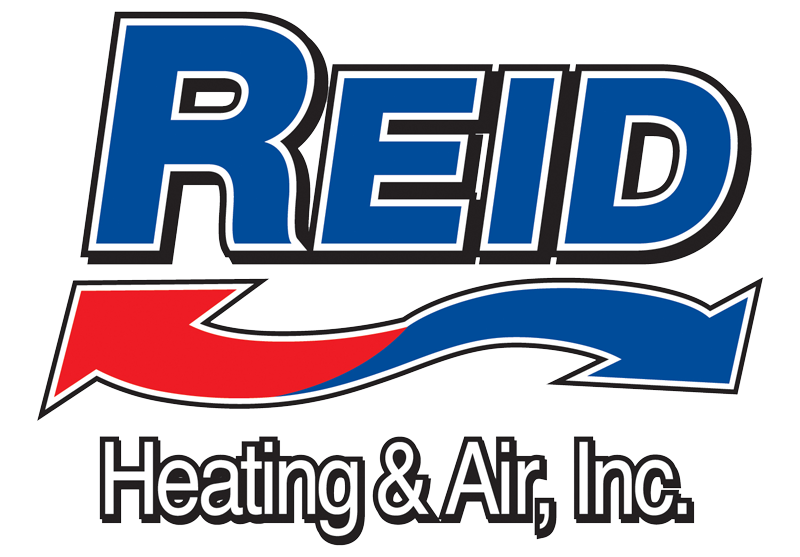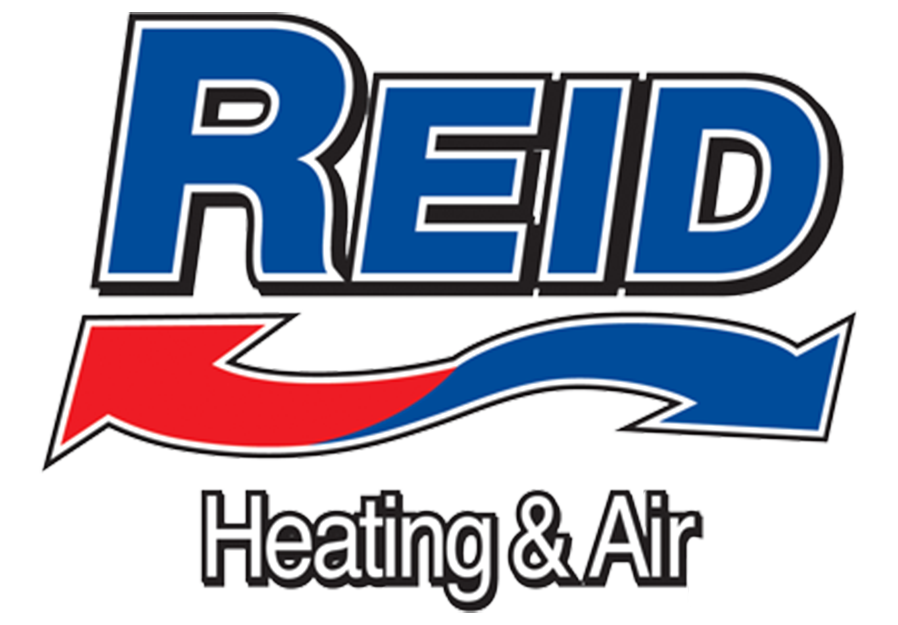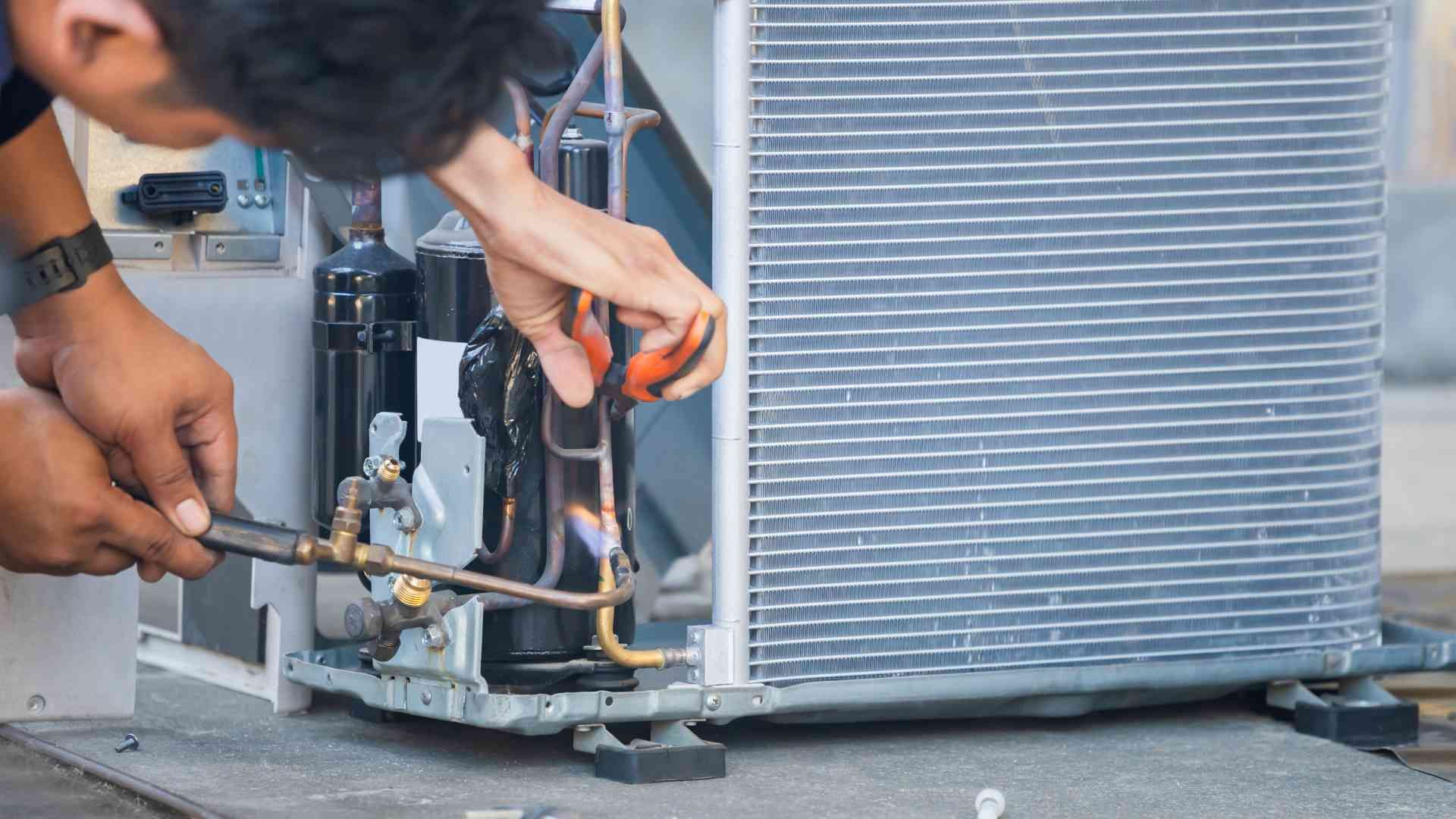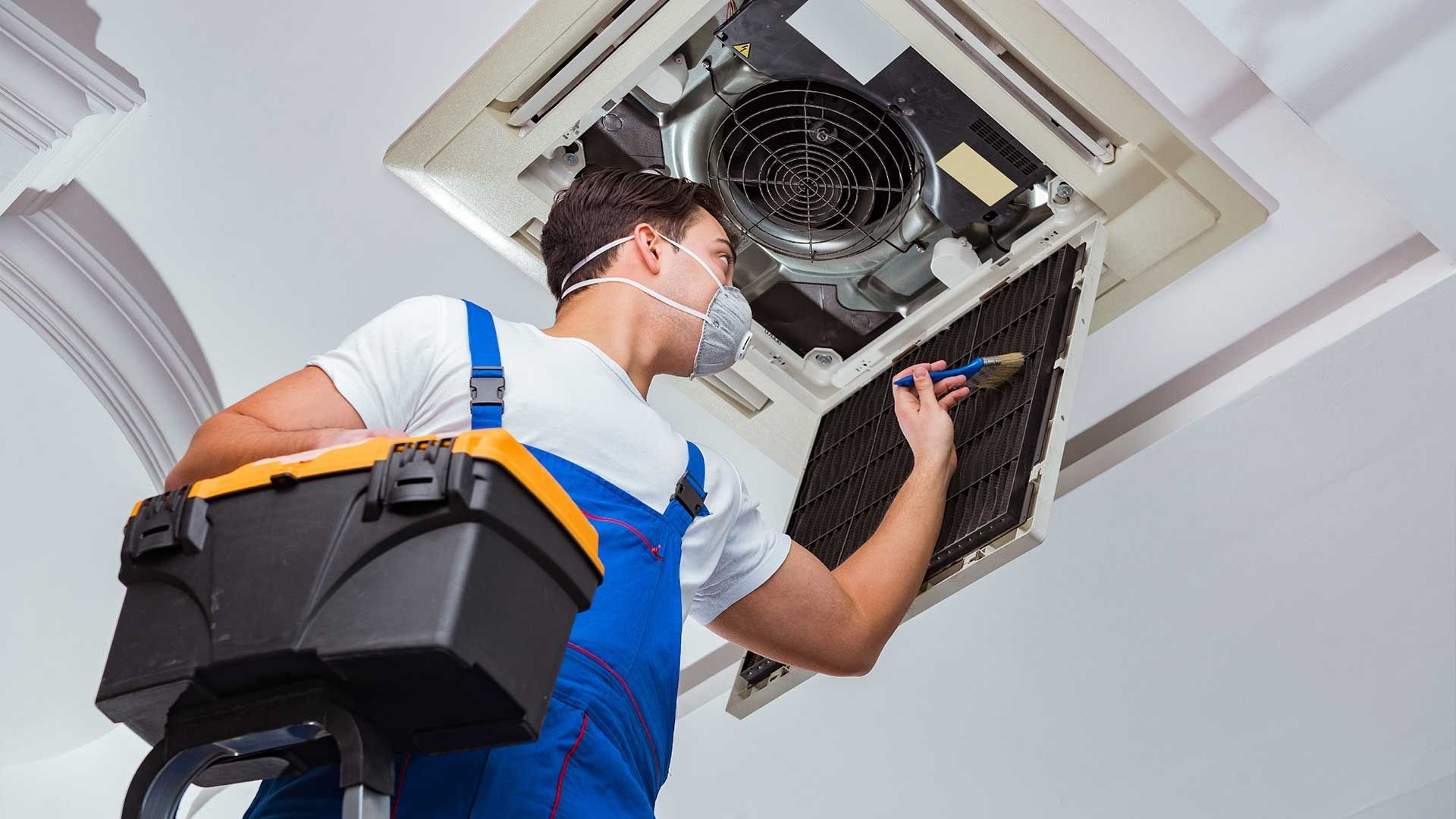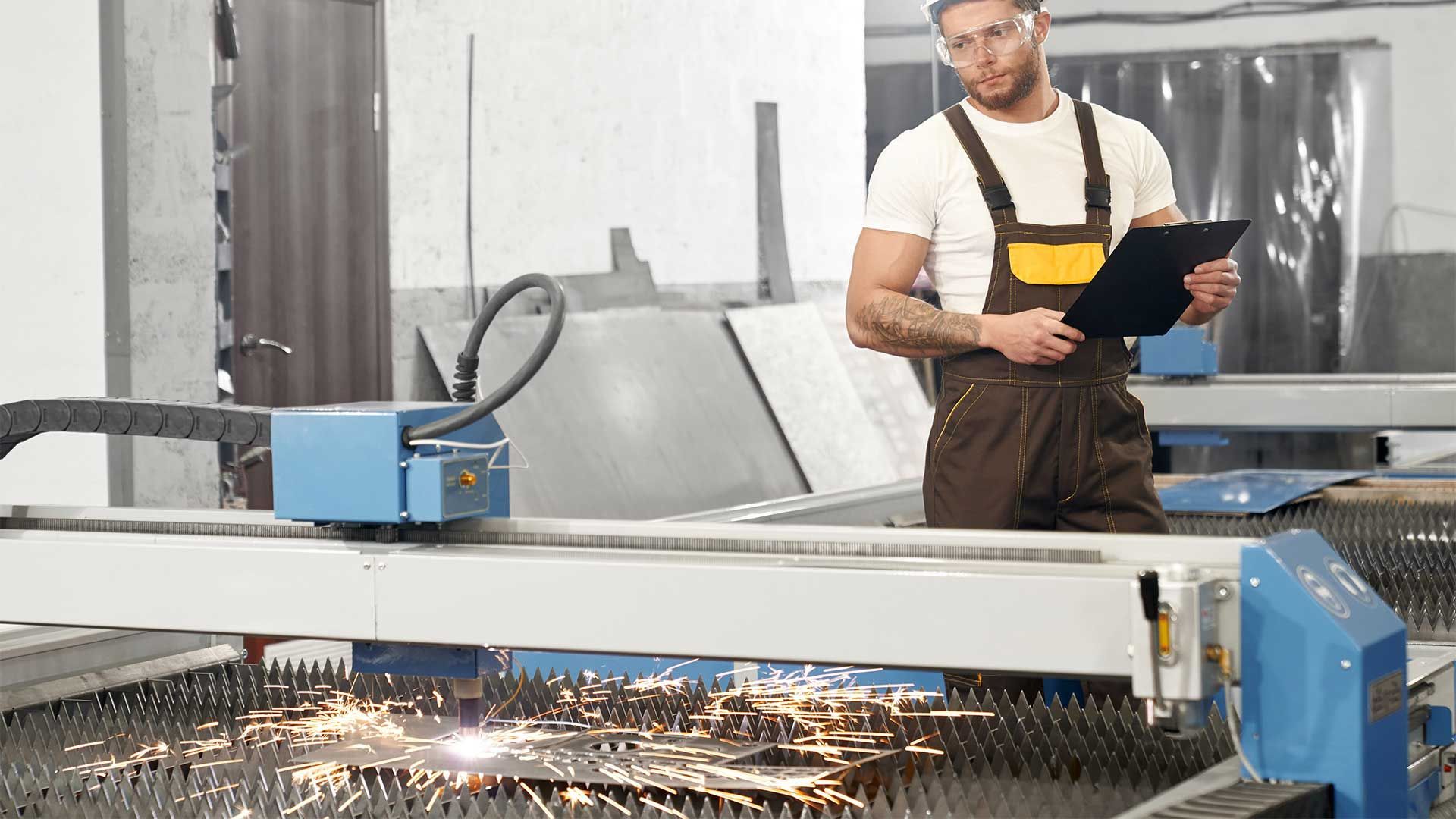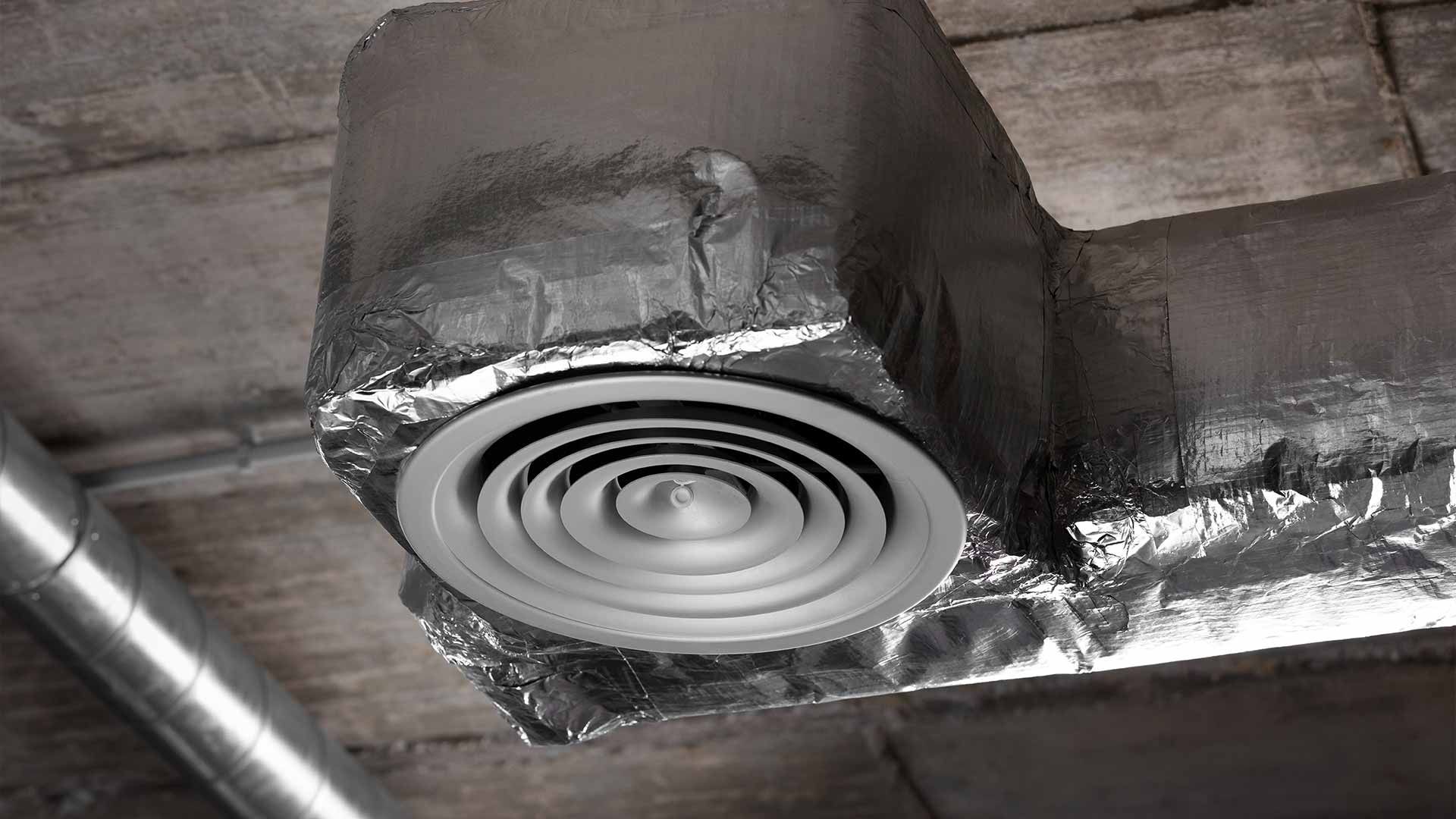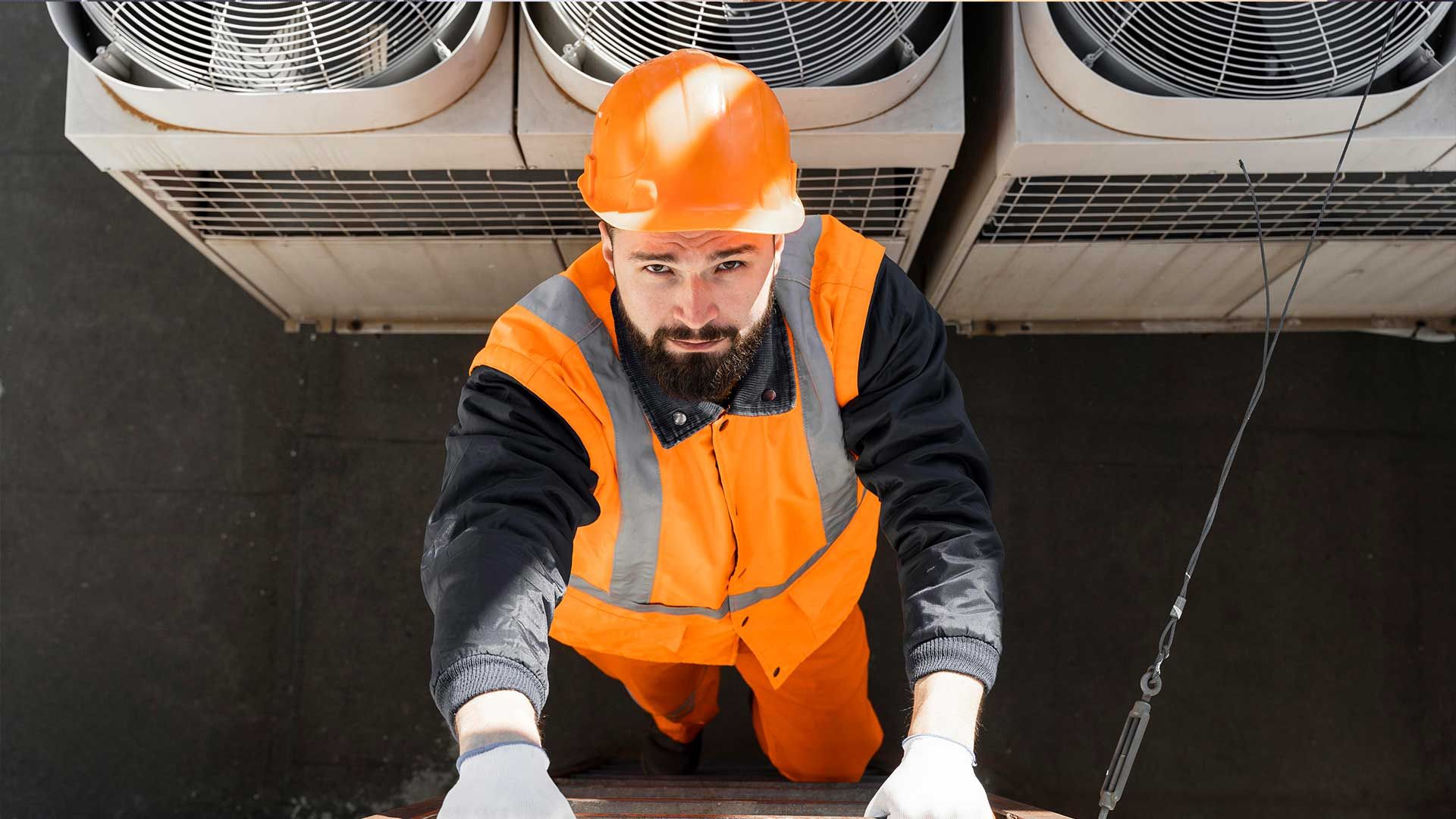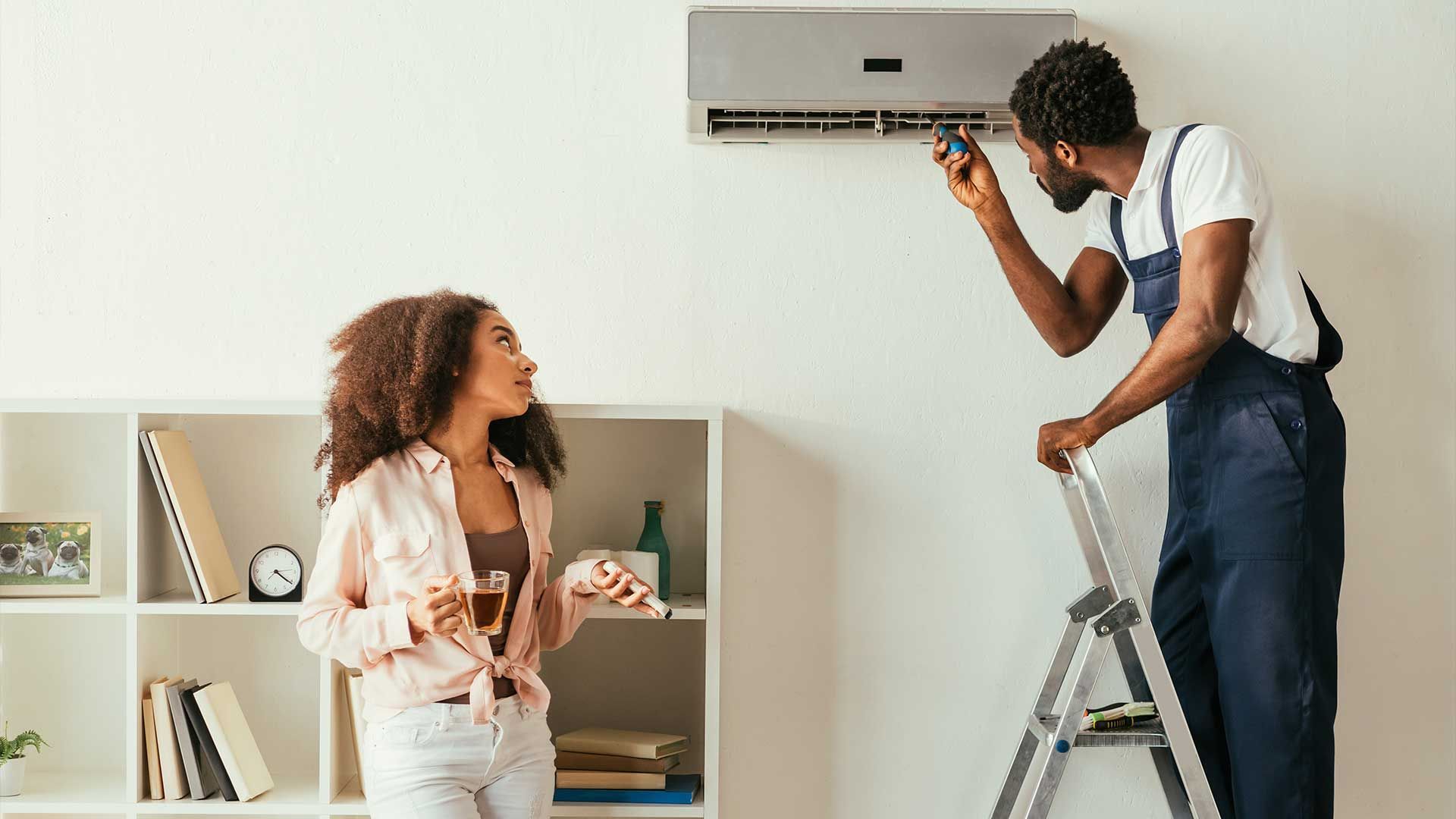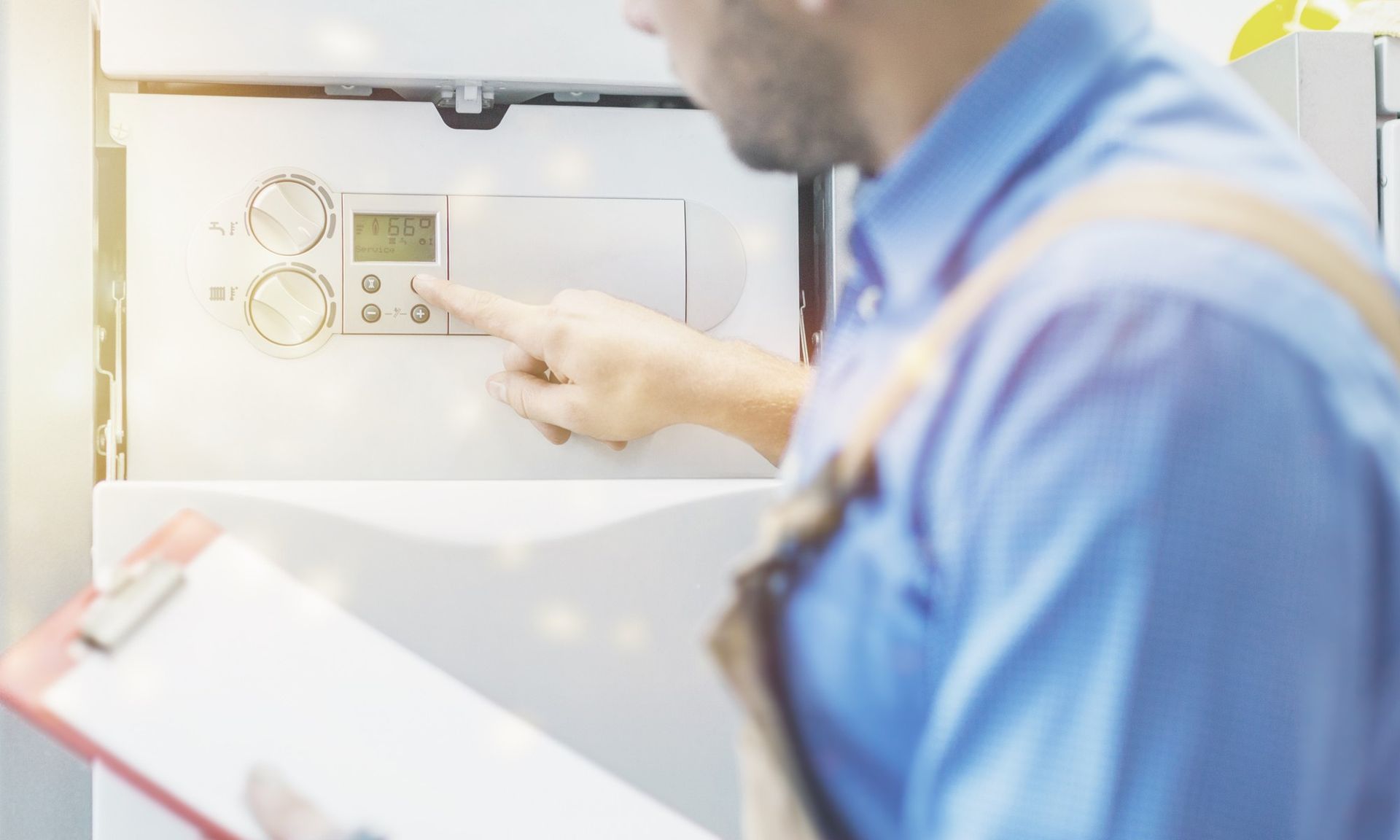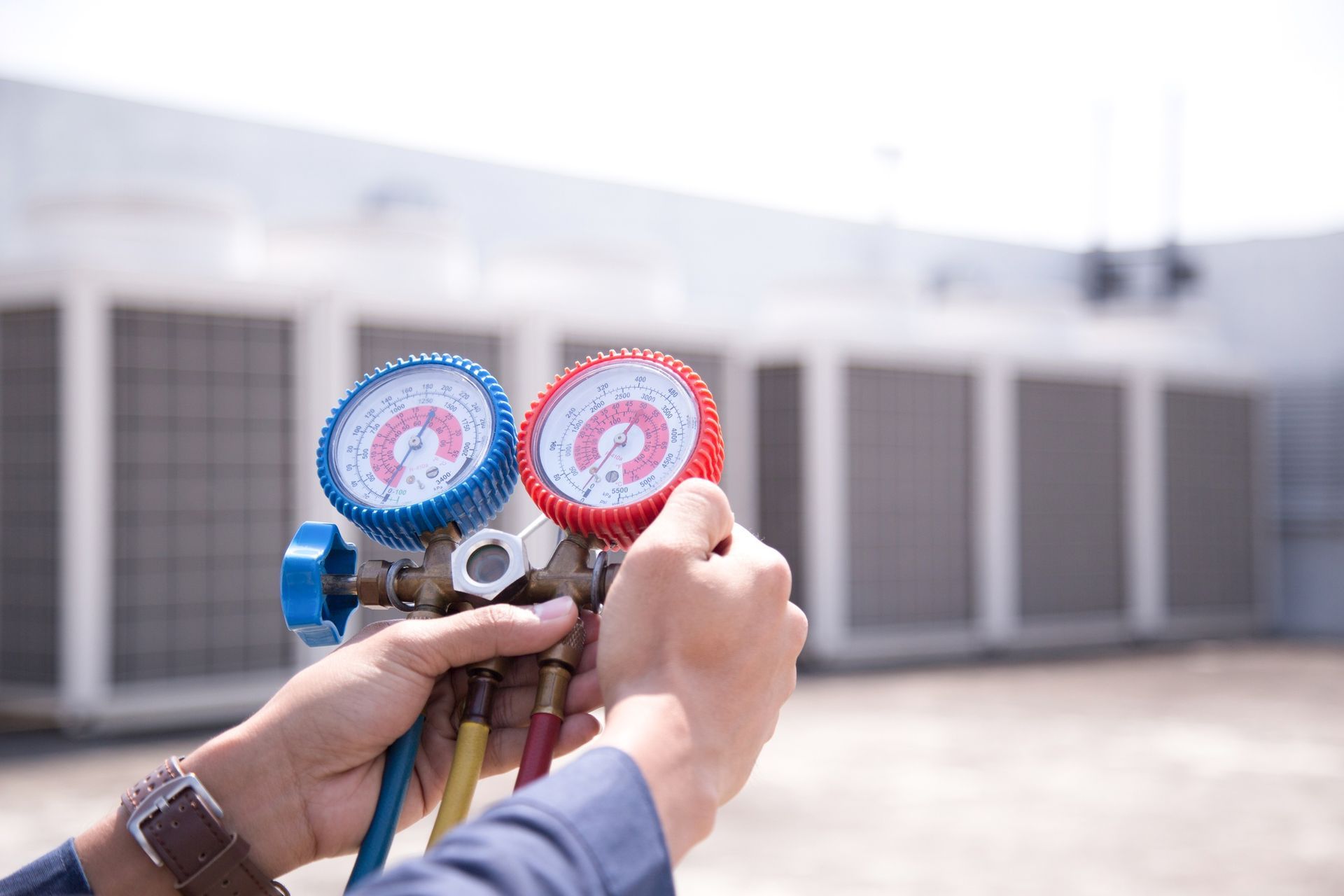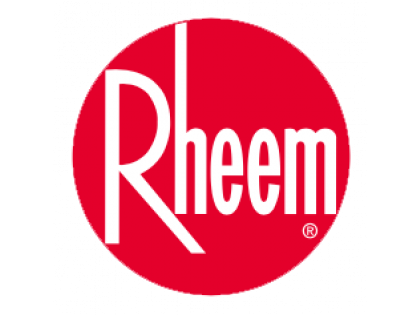Breathe Easy: The Importance of AC Maintenance for Air Quality
Air quality is one of those things many of us take for granted, but it plays a pivotal role in our overall health and well-being. A well-maintained environment with clean air can significantly enhance our quality of life, particularly when we spend most of our time indoors. One major player in ensuring good indoor air quality? Your air conditioning (AC) system. In this article, we delve into the intrinsic link between AC maintenance and air quality and why it's essential to prioritize
regular checks and clean-ups.
The Invisible Threat: Indoor Air Pollutants
When we think of air pollution, images of smog-covered cities and industrial chimneys might come to mind. However, the air inside our homes and workplaces can be just as polluted, if not more so, than outdoor air in even the busiest urban environments. This indoor pollution is often composed of an assortment of microscopic particles and gases, which can have detrimental impacts on our health. Let's delve deeper into these invisible threats:
- Dust and Pollen: These are some of the most common indoor pollutants. While dust consists of a mix of tiny particles, including dead skin cells, fabric fibers, and dirt, pollen comes from plants. Both can trigger allergic reactions and respiratory issues, especially in those with pre-existing conditions like asthma.
- Pet Dander: For pet owners, dander (tiny, even microscopic, flecks of skin shed by cats, dogs, and other animals with fur or feathers) can be a significant source of allergens, often causing sneezing, itching, and other allergic symptoms.
- Mold Spores: Mold thrives in damp and humid environments. When it reproduces, it releases spores into the air, which can be inhaled. Long-term exposure can lead to respiratory problems, allergic reactions, and in some cases, more severe health complications.
- Volatile Organic Compounds (VOCs): These are gases emitted by certain solids or liquids, including many household products like paints, varnishes, cleaning supplies, and even some cosmetics. Breathing in VOCs can result in eye, nose, and throat irritation, headaches, and in some extreme cases, damage to the liver, kidney, and central nervous system.
- Tobacco Smoke: If someone smokes indoors, the harmful components of tobacco smoke become indoor pollutants. Passive smoke exposure is known to cause respiratory issues and even increase the risk of certain cancers.
- Pesticides: Many homes use pesticides to ward off pests. When used indoors or when residues are brought in from outside, they can add to the indoor air pollutant load.
- Combustion Pollutants: These come from burning materials, especially in homes that use gas stoves, heaters, or fireplaces. Common combustion pollutants include carbon monoxide and nitrogen dioxide, both of which can pose serious health risks when inhaled in large quantities.
- Radon: A naturally occurring radioactive gas, radon can enter homes through cracks in the foundation or other openings. It's odorless and colorless, making it especially dangerous as it's a known carcinogen.
Recognizing the myriad sources and
types of indoor air pollutants is the first step in addressing and reducing their presence. Regular AC maintenance, proper ventilation, and conscious decisions about the products we use in our homes can all contribute to better indoor air quality, ensuring a safer, healthier environment for all occupants.
The Role of Your AC System
Your air conditioning system is a marvel of modern engineering, serving as the frontline guardian of indoor comfort and air quality. It's more than a simple cooling device. Here's an in-depth look at its multifaceted role:
- Temperature Regulation: At its core, an AC system's primary function is to regulate indoor temperature. It extracts heat from the indoors and releases it outdoors, ensuring that the indoor environment remains cool and comfortable, especially during warmer months.
- Air Circulation: The AC system ensures consistent airflow throughout your space. Proper circulation is vital to prevent stagnant air, which can harbor pollutants. The fans within the AC unit help in circulating fresh, filtered air, maintaining a healthy indoor environment.
- Humidity Control: Air conditioners play a pivotal role in controlling indoor humidity levels. Excess moisture in the air can lead to the growth of mold and mildew and can also make the environment feel uncomfortably sticky. AC units extract moisture from the air, helping to maintain an optimal humidity level.
- Air Filtration: One of the lesser-known but equally essential roles of the AC system is air filtration. As air passes through the AC unit, it goes through filters that trap airborne pollutants like dust, pollen, pet dander, and even certain microbes. This filtration process is crucial for improving indoor air quality.
- Integration with Ventilation: Modern AC systems often integrate with ventilation systems, ensuring that there's a balance between indoor and outdoor air exchange. This integration helps in removing indoor air pollutants and bringing in fresh air from outside, which is then cooled and circulated.
- Energy Efficiency and Smart Controls: Today's AC systems are often equipped with smart controls and sensors. These features allow the unit to adjust its operation based on factors like room occupancy or external temperature. This not only conserves energy but also ensures that the air quality and comfort level remain consistent.
By understanding the multifaceted role of your AC system, it becomes evident why regular
AC maintenance is so crucial. Each function plays a vital role in ensuring a comfortable, healthy, and efficient indoor environment.
How AC Maintenance Enhances Air Quality
- Filter Replacement and Cleaning: The filters in your AC system trap dust, pollen, and other airborne particulates. Over time, these filters can become clogged. A clogged filter not only reduces the efficiency of your system but also releases trapped pollutants back into your living space. Regular AC maintenance includes checking, cleaning, and replacing these filters to ensure clean air circulation.
- Preventing Mold Growth: AC units, especially in humid climates, can become breeding grounds for mold. Mold spores in the air can lead to respiratory issues and allergic reactions. By ensuring that your AC unit is clean and functioning correctly, you can prevent mold growth and its consequent air quality issues.
- Ensuring Optimal Airflow: An AC system with poor airflow can lead to uneven cooling and inefficient removal of pollutants. Regular AC maintenance checks ensure that fans and other components are working optimally, promoting even airflow and consistent air purification.
- Reducing VOC Emissions: Some AC components can release VOCs if they are deteriorating or if the system is malfunctioning. Regular AC maintenance can spot and rectify these issues, preventing the emission of harmful VOCs into your home.
AC Maintenance: More Than Just Air Quality
While the primary focus of this article is on air quality, it's worth noting that regular AC maintenance offers numerous other benefits:
- Energy Efficiency: A well-maintained AC system operates more efficiently, which translates to energy savings and lower utility bills.
- Extended System Lifespan: Like any machine, regular upkeep can extend your AC system's lifespan, saving you from premature replacements and unnecessary costs.
- Reduced Repair Expenses: By addressing minor issues during routine AC maintenance checks, you can prevent more significant problems and expensive repairs in the long run.
Conclusion
The quality of the air we breathe indoors profoundly impacts our overall well-being. Given the significant amount of time we spend within enclosed spaces, whether at home, work, or in other establishments, it becomes paramount to ensure the purity and freshness of this air. As we've explored, the unseen pollutants lurking within our indoor environments can range from the benign to the downright harmful, emphasizing the need for proactive measures.
Central to these protective steps is the role of regular AC maintenance. An optimally functioning AC system does more than cool our spaces; it acts as a sentinel, filtering out many of these pollutants and ensuring the circulation of clean, revitalized air. It's a symbiotic relationship: when we care for our AC systems, they care for our health in return. For those in the Rock Hill, SC area, Reid Heating & Air, Inc stands out as a premier service provider, ensuring top-tier AC maintenance. They can be reached at
(803) 366-1855, offering trusted expertise and service excellence.
Moreover, in the broader spectrum of wellness and eco-conscious living, acknowledging the invisible threats of indoor air pollutants drives us towards more informed choices. From the household products we select to the habits we cultivate, every decision becomes an opportunity to enhance our indoor air quality.
In essence, as guardians of our personal environments, we hold the key to healthier indoor atmospheres. By prioritizing AC maintenance and remaining aware of the invisible threats around us, we pave the way for a cleaner, more breathable future for ourselves and the generations to come.
